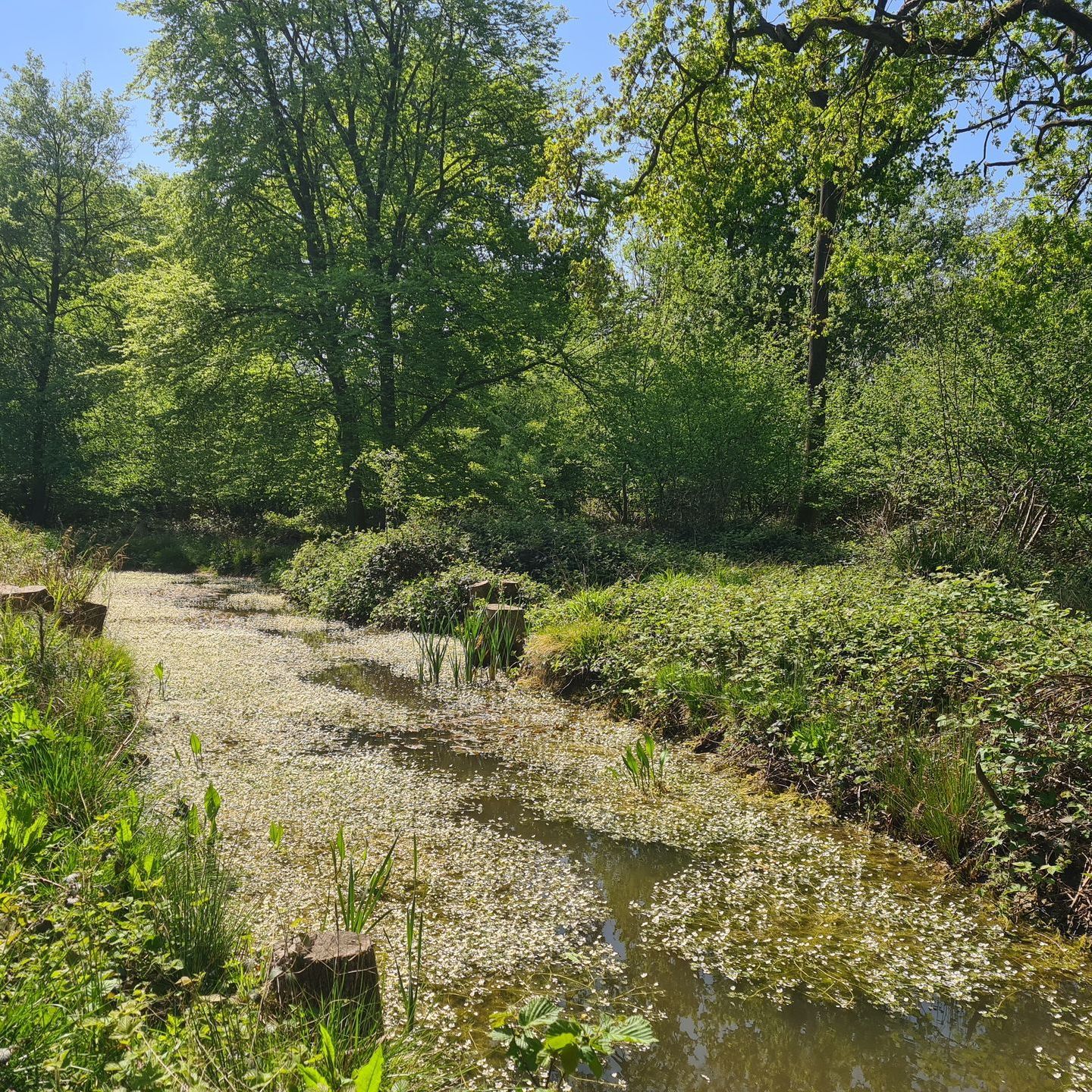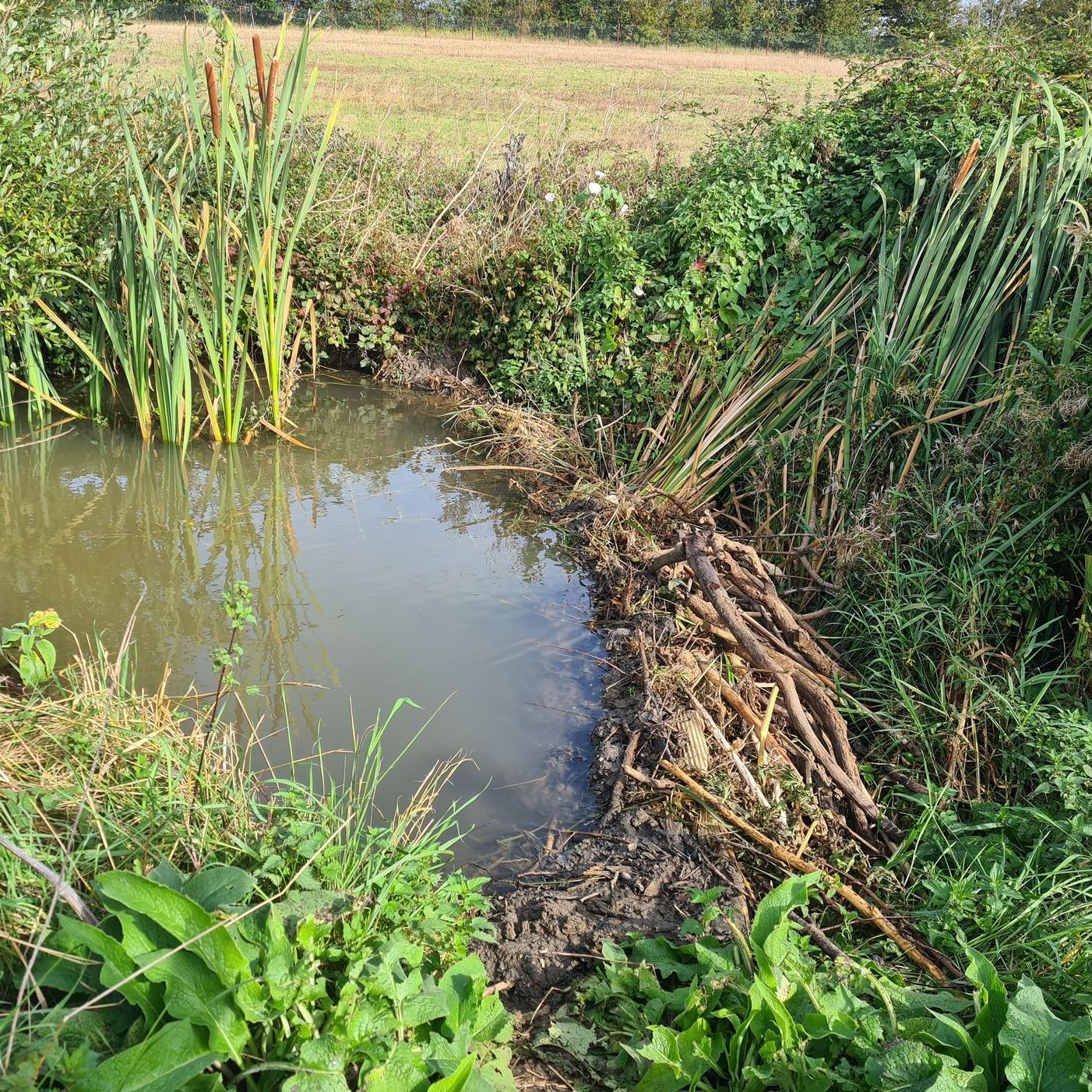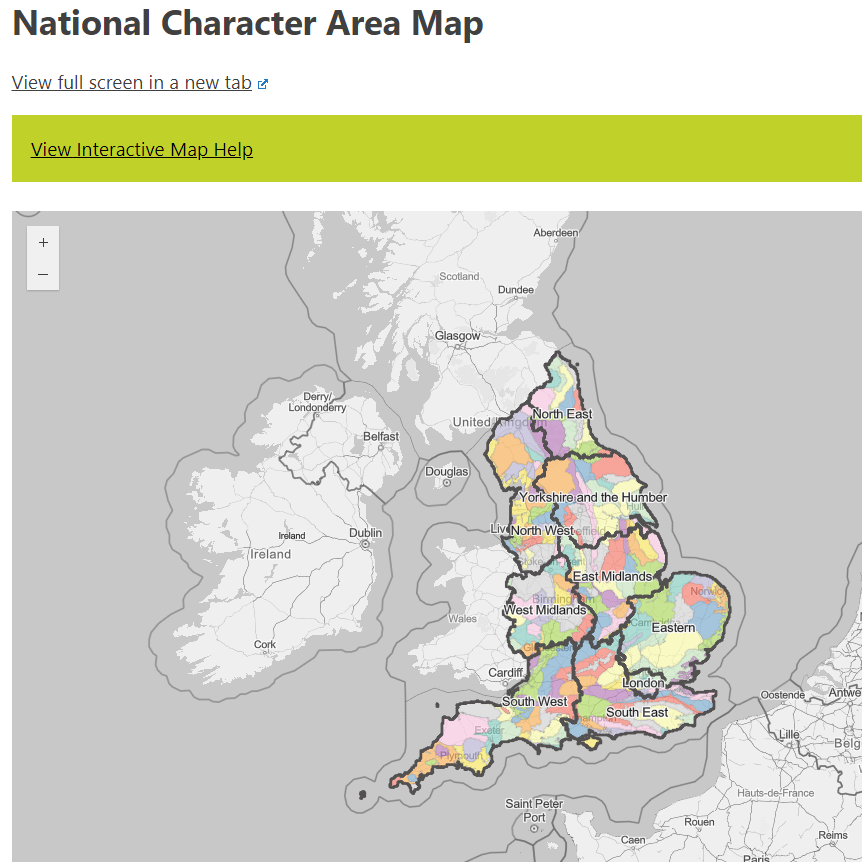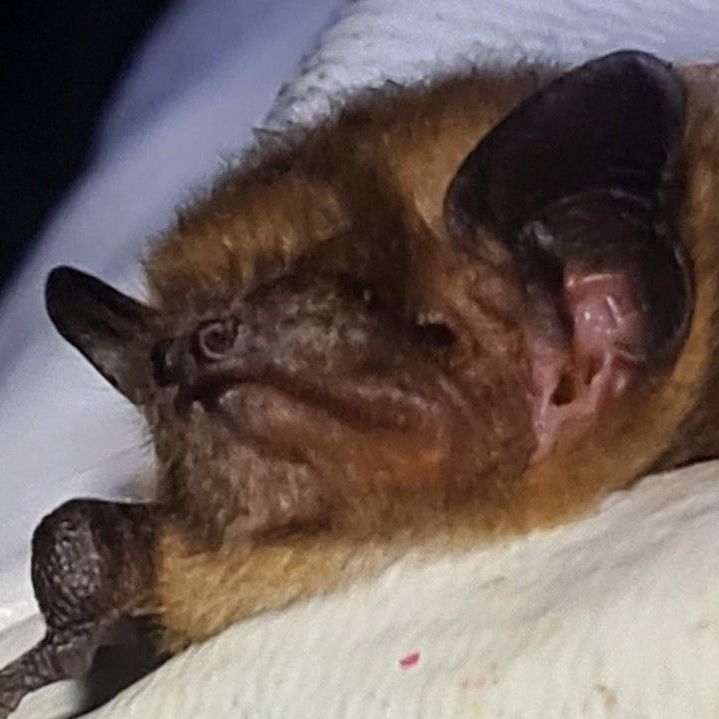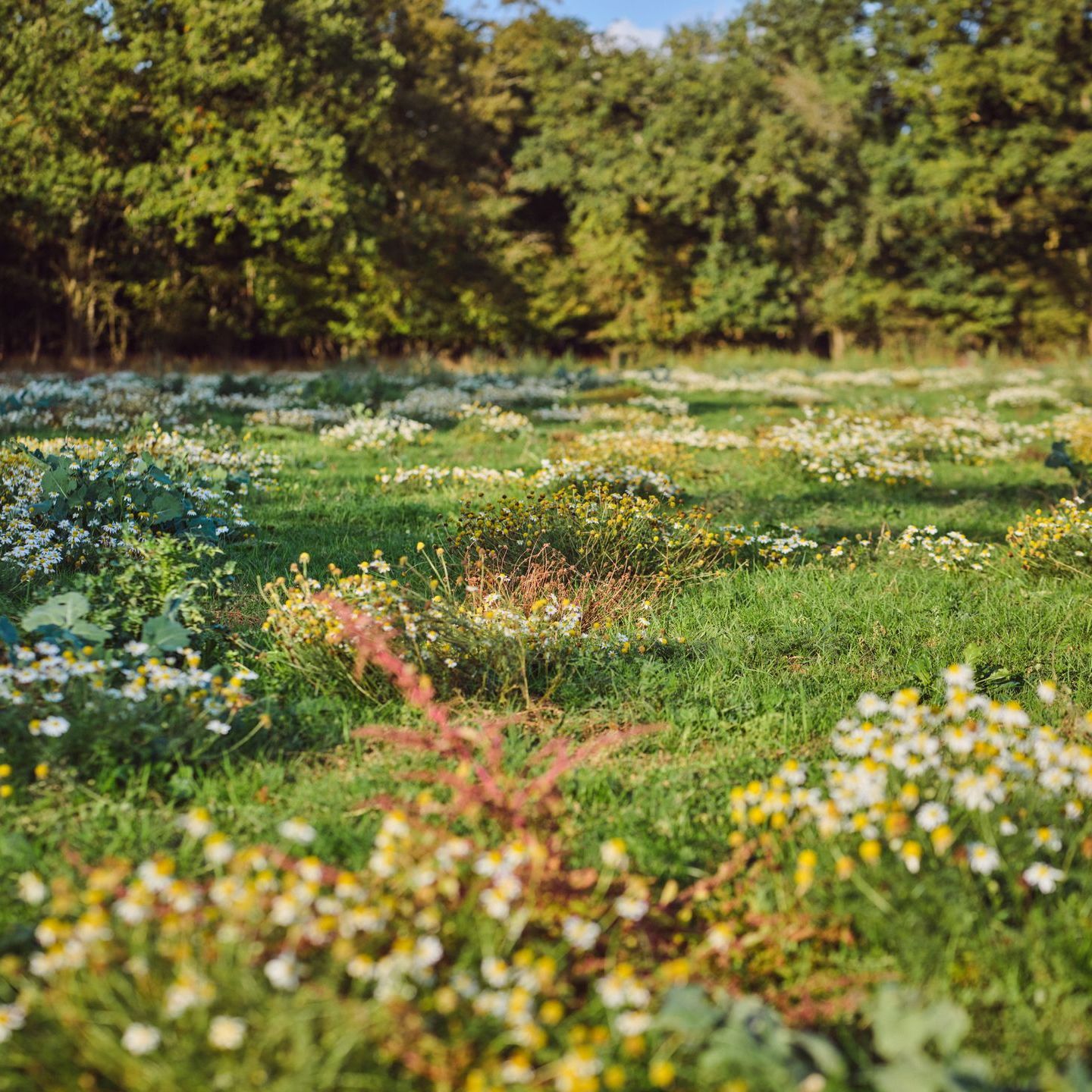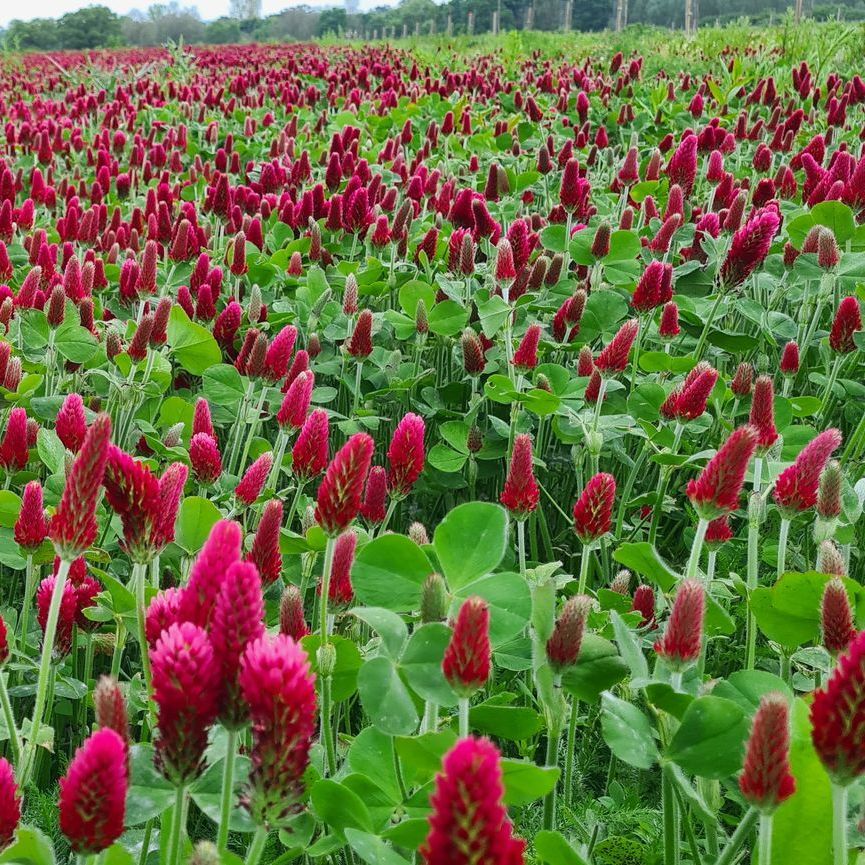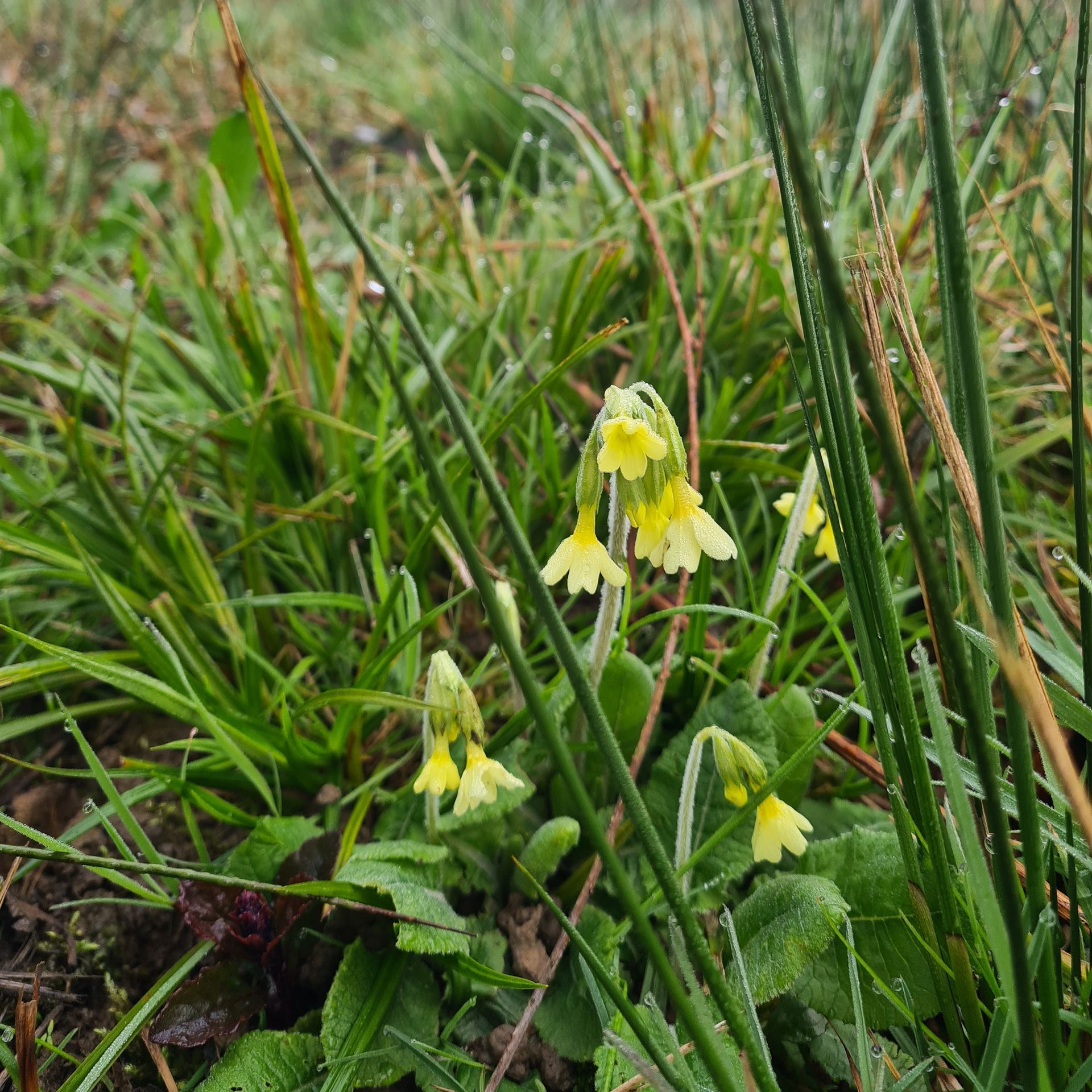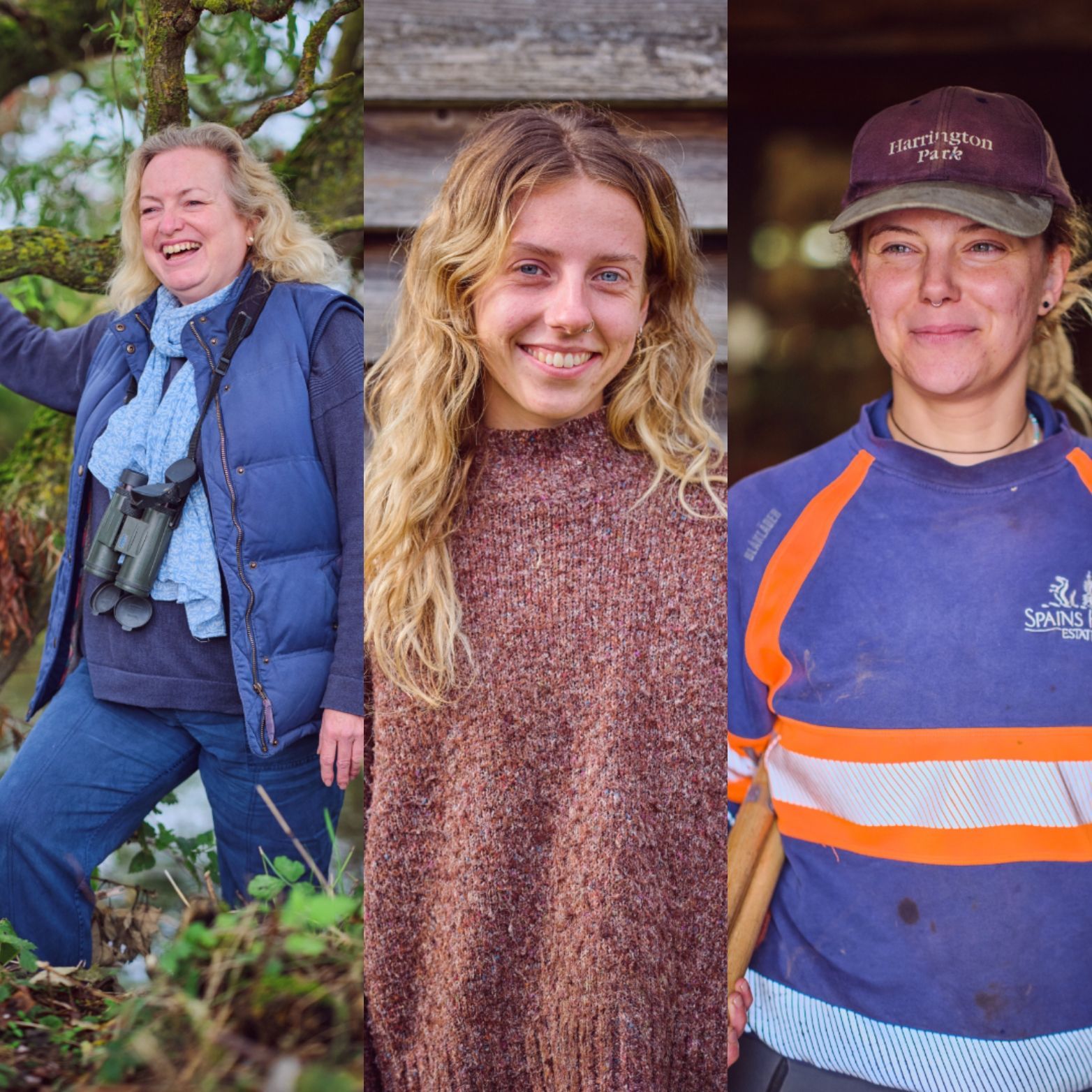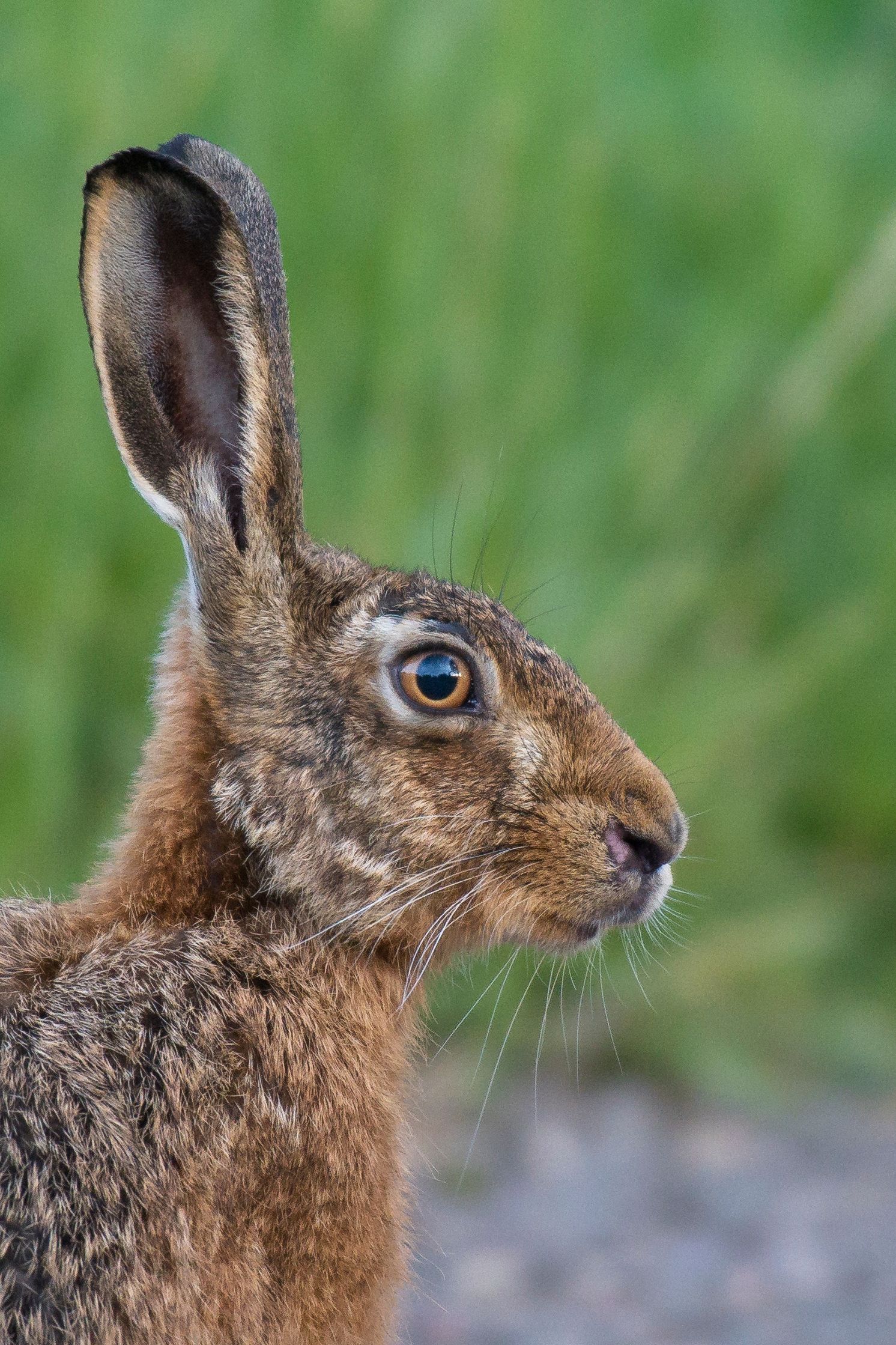Beaver -versary Event -postponed
Archie Ruggles-Brise • 10 March 2020
Celebration event postponed

**POSTPONED** - Beaver-versary tours and celebration.
It is with great sadness that we have taken the difficult decision to postpone this Saturday’s event to celebrate the Anniversary of the #EssexBeaver release. The reason will be clear to you all and whilst the UK is not yet in the grip of an Italy-style lock down it feels inappropriate to be encouraging such a large proportion of our local community to gather together at such at time. We have 75 people signed up to the tours and many more saying they will come to the day. In a community of this size we feel that represents a significant potential risk to those who are more vulnerable in our village.
We hope that, once the current situation has passed or become clearer, we will have an opportunity to reschedule the event later in the year.
Thank you all once again for all your interest in the project. Indeed the results that have been pulled together from the first year of the project will be enhanced by further data.
Please can you pass on news of the cancellation to anyone you may have told or invited to the event.
Archie Ruggles-Brise
Latest news
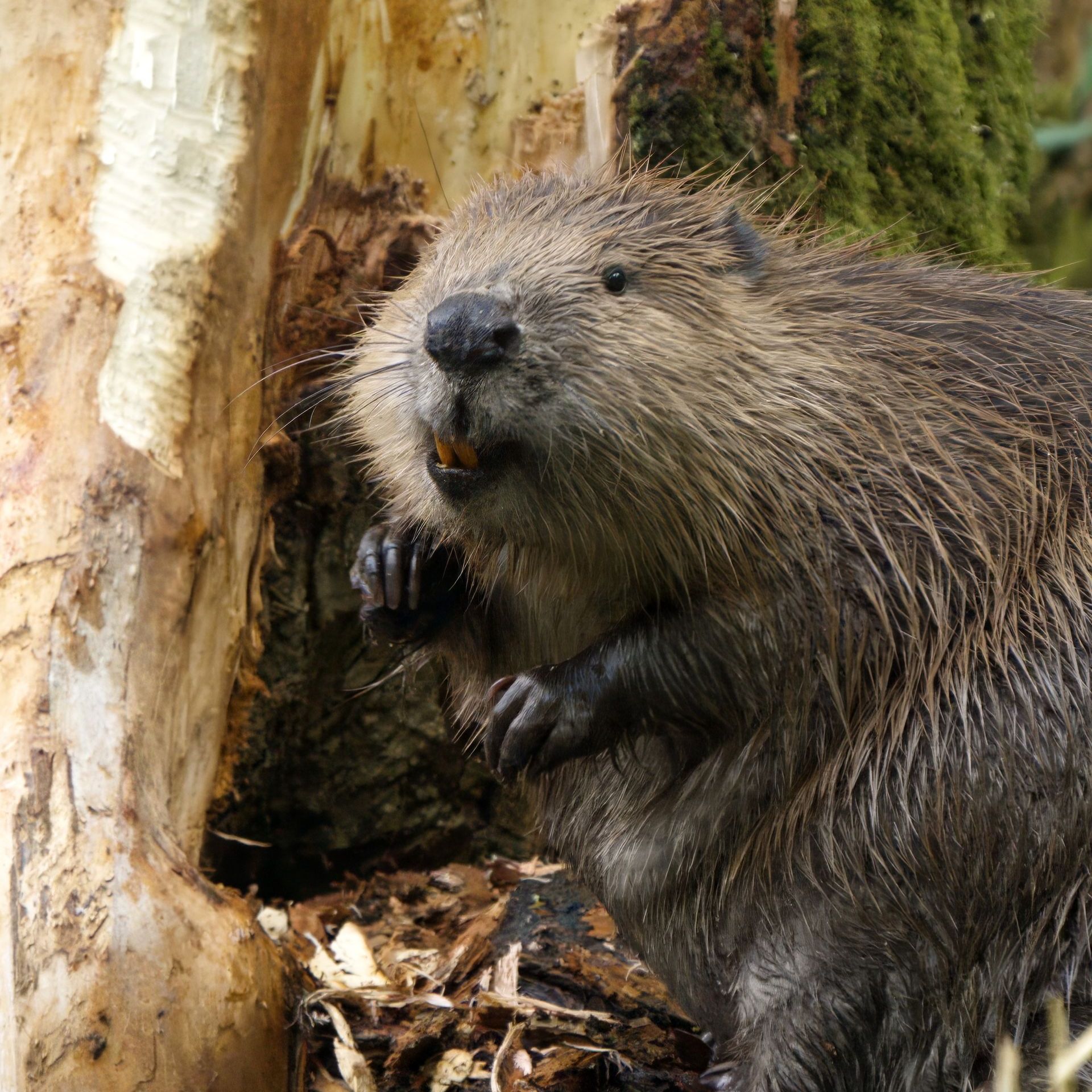
A project to reintroduce beavers to East Anglia has proven its worth, with the beavers successfully reducing the impact of flooding and drought by storing millions of litres of water over five years. Five years ago, Spains Hall Estate in Essex worked with the Environment Agency to release the first pair of beavers in East Anglia for over 500 years. With free reign across a 10-acre woodland stream, the beaver family, now numbering 11, have created nine dams which are estimated to store 3 million litres of water in ponds covering almost a quarter of the woodland. An animation produced by catchment-scientists from AtkinsRéalis reveals the scale and speed of the changes occurring over five years. Data collected by Kings College London demonstrates that the way water flows across the farm has also changed, with the beavers increasingly building bigger dams to trap more water each time it rains. These changes mean that storm water now flows downstream more slowly, some even being held for several months as it’s slowly released back into the river, helping alleviate low river water levels in summer. Matt Butcher, Environment Agency Catchment Manager, said: “We are delighted that the beavers have thrived and improved the landscape. Their work has demonstrated that nature-based solutions can be used to tackle challenges in smaller river catchments. We initially supported this work as a pilot study and have been really impressed with the results. We have since helped the estate scale up their beaver activity through more direct support, along with other partners, which has enabled the construction of two much larger beaver enclosures.” Molly Howell, Assistant Environmental Scientist at AtkinsRéalis, who produced the animation, said: “The animation is such a powerful tool to convey such a dramatic change in a simple way. The chance to track beaver-led changes over such a long time period has been a great opportunity for us. It means we have real-life insights which we can use to support both Estate and their partners, but also bring to our wider work. It’s a great example of how we’re able to use digital tools within a natural environment to enhance our understanding of what’s happening on the ground, and use that data to better inform how we support the project.” Archie Ruggles-Brise, Spains Hall Estate Manager, said: “This is a massive milestone for us. We took a chance 5 years ago that bringing beavers back would be beneficial, and it’s proven to be better than we could ever have imagined. Locally there is widespread support for the beavers and their work, with the community really taking them to their heart. You can even find beaver greetings cards , beaver beer and beaver-themes on local menus!”


